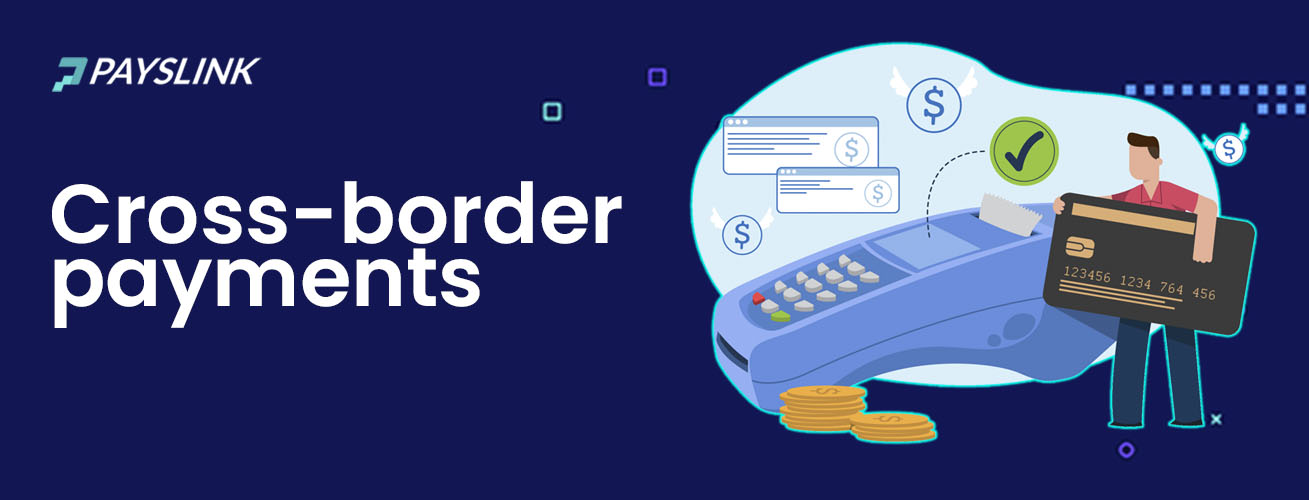
Ensuring Secure Cross-Border Payments: A Global Approach
Cross-border payments play a pivotal role in the global economy, facilitating international trade and financial transactions. This article delves into the challenges associated with cross-border payments and explores the significance of adopting secure measures to enhance efficiency, transparency, and trust in the global financial system.
The Complexity of Cross-Border Payments
Cross-border payments involve multiple financial intermediaries, diverse currencies, and intricate settlement processes. The complexity arises from the need to navigate various regulatory frameworks, differing banking systems, and currency exchange fluctuations. These factors contribute to delays, high transaction costs, and potential security vulnerabilities in cross-border transactions.
Blockchain Technology for Enhanced Security
Blockchain technology emerges as a game-changer in addressing the security challenges of cross-border payments. Its decentralized and tamper-resistant nature ensures that transactions are securely recorded on an immutable ledger. Utilizing blockchain in cross-border payments enhances transparency, reduces fraud risks, and provides a reliable audit trail, instilling confidence in the integrity of the payment process.
Cryptocurrencies and Swift Transactions
Cryptocurrencies, powered by blockchain, offer a potential solution to expedite cross-border payments. With the ability to operate outside traditional banking hours and avoid intermediaries like correspondent banks, cryptocurrencies enable swift and direct transactions. However, their volatility and regulatory uncertainties pose challenges that must be addressed for widespread adoption.
Smart Contracts Streamlining Payment Processes
Smart contracts, self-executing contracts with coded terms, play a significant role in streamlining cross-border payment processes. These contracts automate the execution of predefined rules, eliminating the need for intermediaries and expediting settlement. The automation provided by smart contracts not only accelerates transaction speed but also reduces the risk of errors in the complex web of cross-border transactions.
Regulatory Compliance and AML Measures
Ensuring secure cross-border payments requires strict adherence to regulatory compliance and anti-money laundering (AML) measures. Financial institutions engaged in cross-border transactions must navigate a complex web of international regulations. Robust compliance measures not only mitigate legal risks but also contribute to building trust among regulators and stakeholders in the global financial ecosystem.
Interoperability for Seamless Transactions
Interoperability between different payment systems and financial institutions is crucial for seamless cross-border transactions. Establishing standardized protocols and interfaces enables efficient communication and data exchange between diverse systems. Interoperability fosters collaboration and reduces friction in the cross-border payment process, enhancing overall efficiency.
FX Risk Management in Cross-Border Payments
Foreign exchange (FX) risk is inherent in cross-border payments due to currency fluctuations. To mitigate this risk, financial institutions and businesses must employ effective FX risk management strategies. Utilizing financial derivatives, forward contracts, or adopting real-time FX risk monitoring tools helps safeguard against potential losses arising from adverse currency movements.
Collaboration Among Financial Institutions
Enhancing the security of cross-border payments requires collaborative efforts among financial institutions. Collaborative platforms and consortiums enable institutions to share information, address common challenges, and develop standardized solutions. Such collaboration fosters innovation, streamlines processes, and contributes to a more secure and resilient cross-border payment infrastructure.
The Future Landscape of Secure Cross-Border Payments
As technology evolves and regulatory frameworks adapt, the future landscape of secure cross-border payments looks promising. The continued integration of blockchain, the maturation of cryptocurrencies, and ongoing efforts in standardization and collaboration are paving the way for a more efficient, transparent, and secure global payments ecosystem.
To learn more about the significance of adopting secure measures for cross-border payments, visit www.itcertswin.com. Explore the innovations shaping the future of global financial transactions and the measures to ensure their security.













:strip_icc():format(webp)/kly-media-production/medias/1361321/original/037551300_1475300410-software.jpg)

























